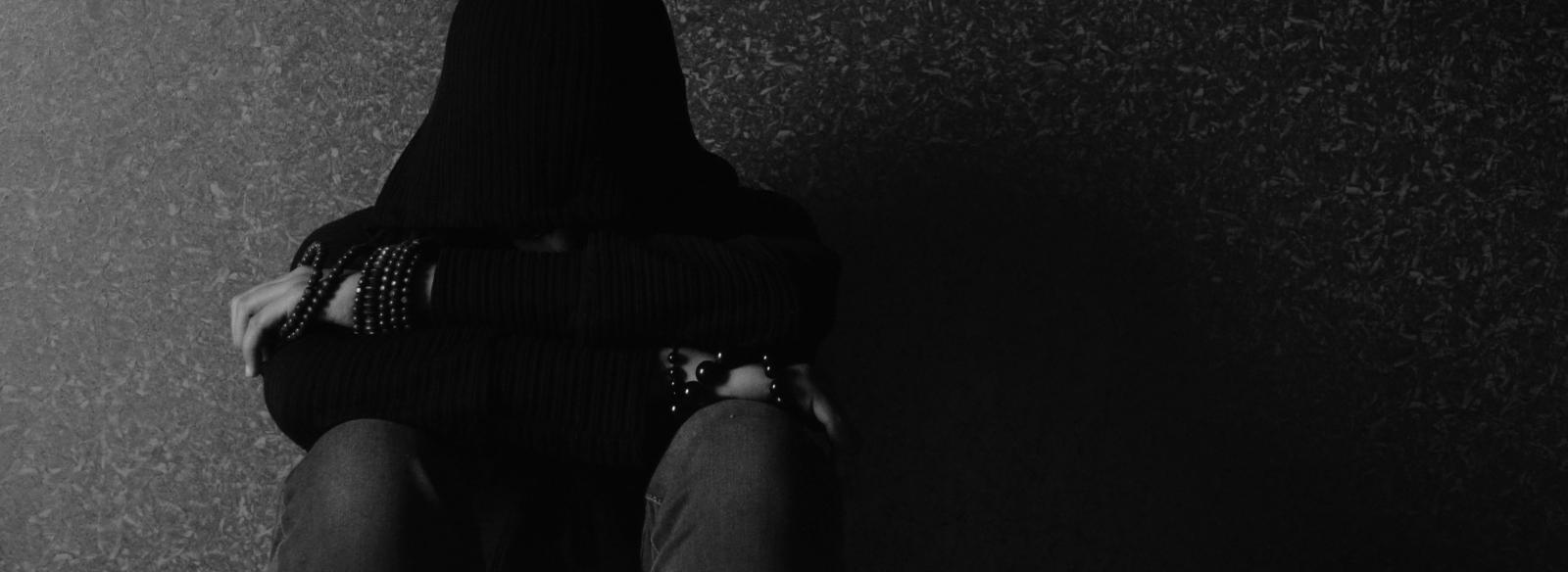This page discusses family violence topics, and some of the material included here may be confronting. If this content causes you distress, help is available.
Family violence exists in many different forms – it can be displayed as physical, emotional, sexual, cultural, psychological or economic abuse.
While family violence disproportionately affects Aboriginal families, it is important to understand that family violence is not part of indigenous culture.
Speak up for safe families
Starting meaningful conversations about family violence is how we create change in our communities - it is up to all of us to come together to call out violence and abuse.
These videos show examples of family violence that you or someone you know may have seen or experienced in your family or community.
Our #SafeKoorieFamilies campaign has been developed to promote conversations in Community about examples of family violence. Use these videos and downloadable resources to start conversations in classrooms, group sessions, and community forums about the effect violence has on children, young people and families.
Recognising Unhealthy Relationships
Everyone has a right to feel safe in their personal relationships. To understand what a healthy and respectful relationship looks like, we need to be able to identify patterns of behaviour that are harmful or abusive. Being able to recognise the early signs of family violence helps us know when to seek support, or when to offer assistance to people who are at risk.
Where to find support
VACCA’s Family Violence programs work to keep families and children safe. We offer support services to Aboriginal children and families affected by violence and abuse, so they can heal and move forward with their lives. We also assist people using violence to make positive changes in their lives. If you or someone you know would like to find out more about our services and begin the road to recovery from family violence, please get in touch with your nearest VACCA office today.
If you’re worried about a family member or friend
It can be helpful to talk about how to stay safe, and share ways to connect with family violence support services like VACCA’s. For more ways to support your friend or family member, contact 1800 RESPECT (1800 737 732) for a confidential yarn. Getting professional support will provide you with information and support to decide what to do next.
If you're a professional and want to understand more
As a professional working in child and family services, it is important to adapt a holistic healing approach to understanding and responding to family violence in Indigenous communities. Find out more about VACCA’s Family Violence programs and support services: Strong Culture, Strong Peoples, Strong Families 10 year plan.
Resources
-
The #itswhatyoudontsee campaign was launched in 2018 to raise awareness about family violence and its impact on Aboriginal children.
These four short videos focus on one Aboriginal family and tell the story of family violence and its effect on relationships, both inside and outside the home. The stories were written by Aboriginal script writers and feature Aboriginal and Torres Strait Islander actors who themselves have lived the impacts of family violence.
The impact of family violence on children and young people are complex. It can affect their behaviour, their development, their relationships, their emotions, their learning, their thoughts and their physical health. Experiencing violence in childhood also significantly increases the risk of being both a victim and a perpetrator of violence in adulthood.
In the below video, VACCA CEO Muriel Bamblett and Therapeutic practitioners Sue-Anne Hunter and Graham Gee reflect on the four videos, the family’s experience of family violence and the interventions that are working for Aboriginal families.
More information
To understand more about family violence in Indigenous communities and how to adapt a holistic healing approach, read the Strong Culture, Strong Peoples, Strong Families 10 year plan


